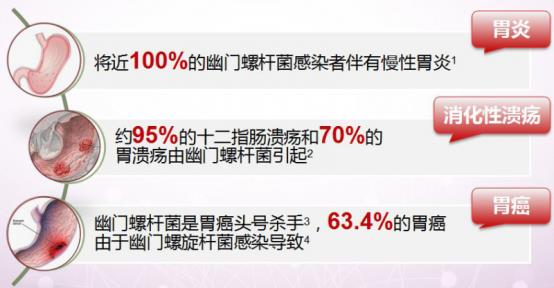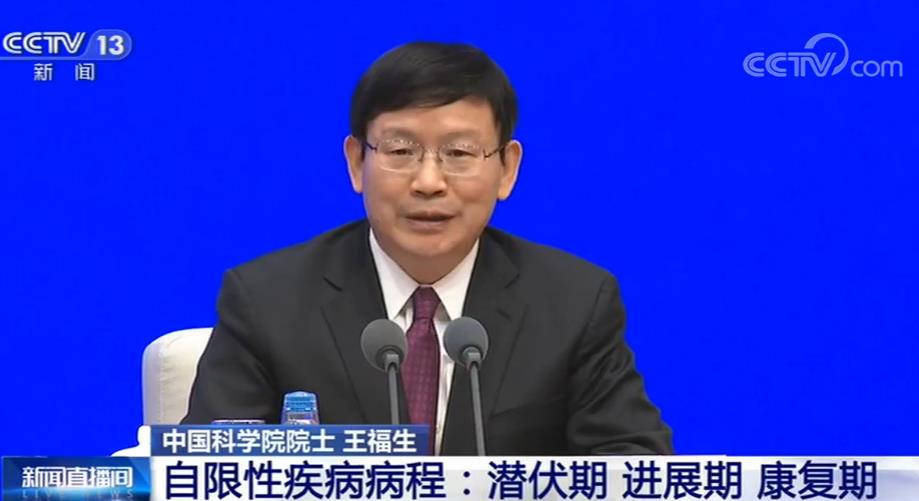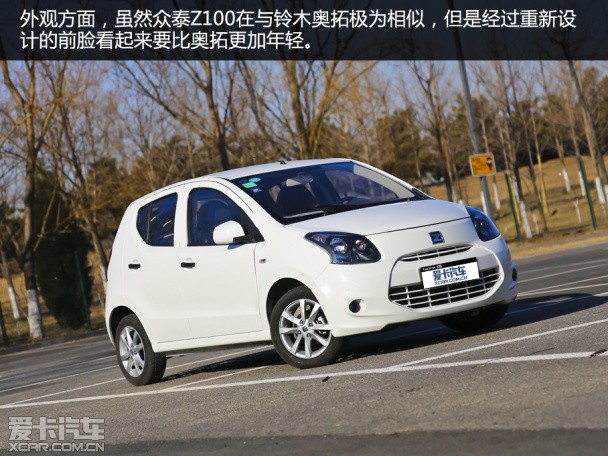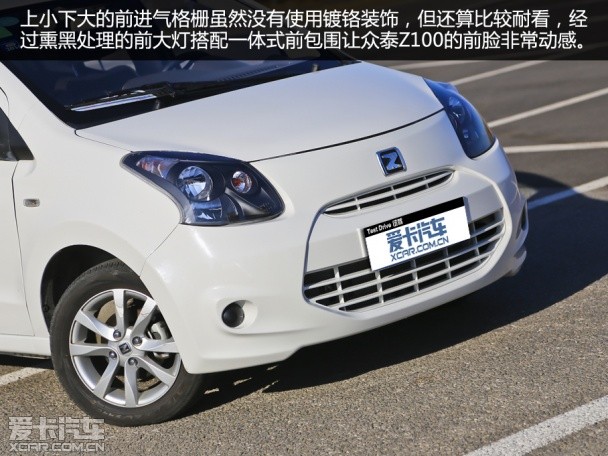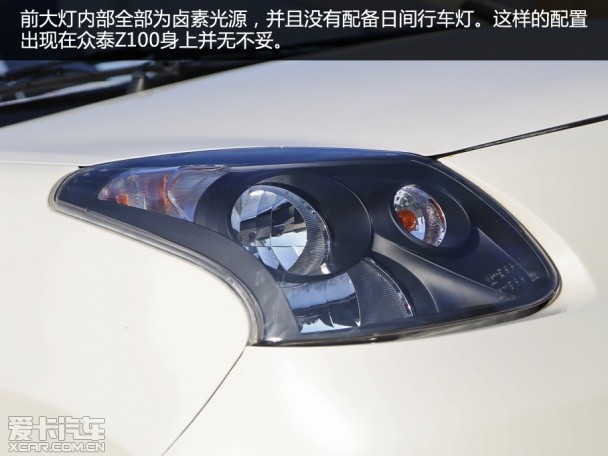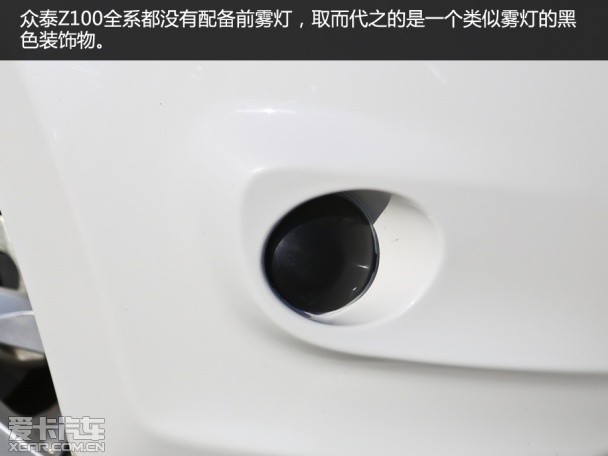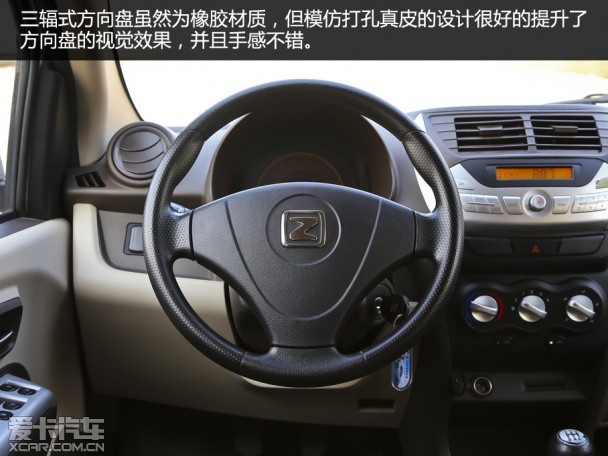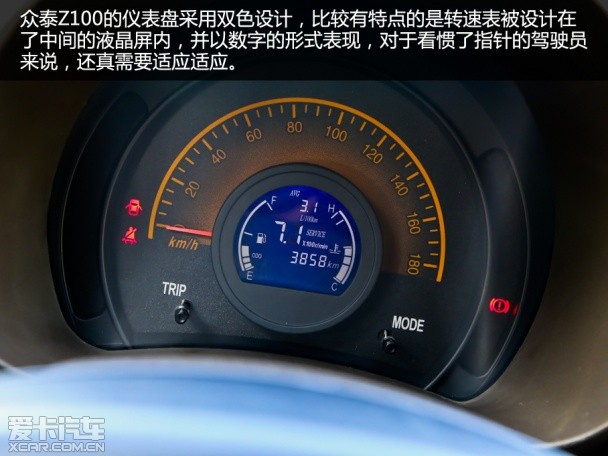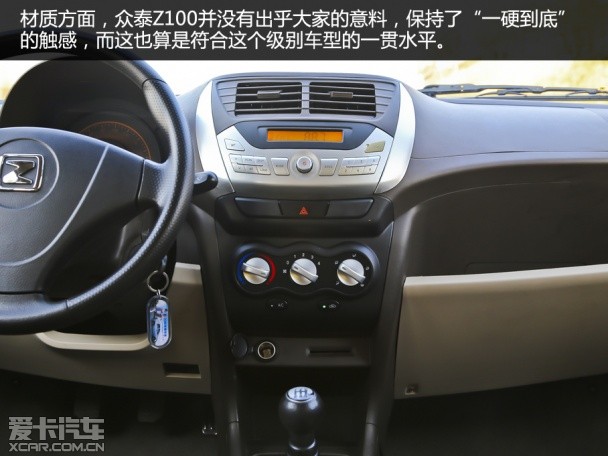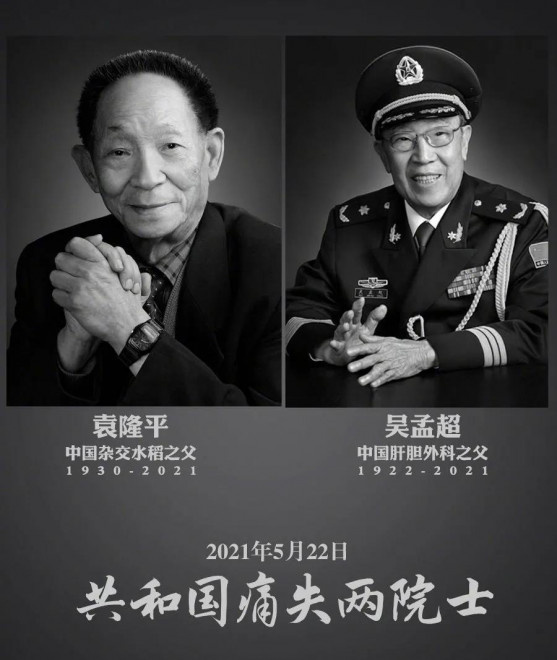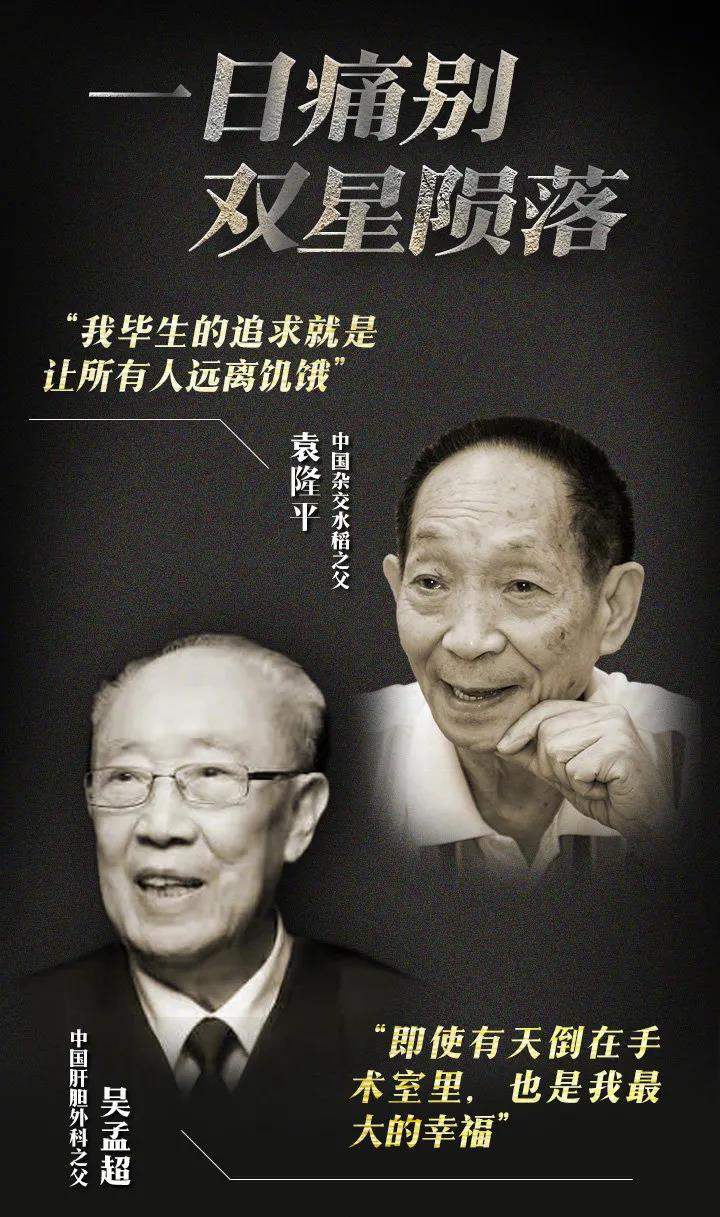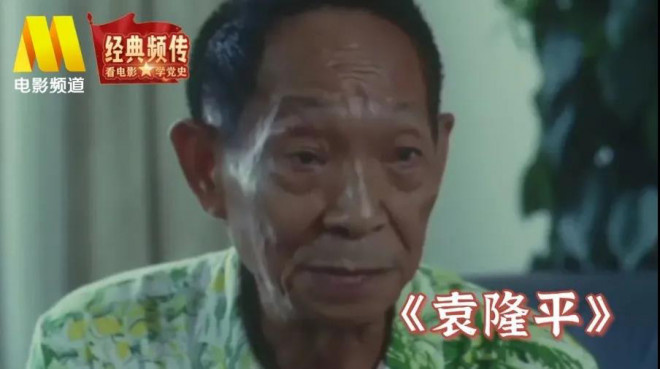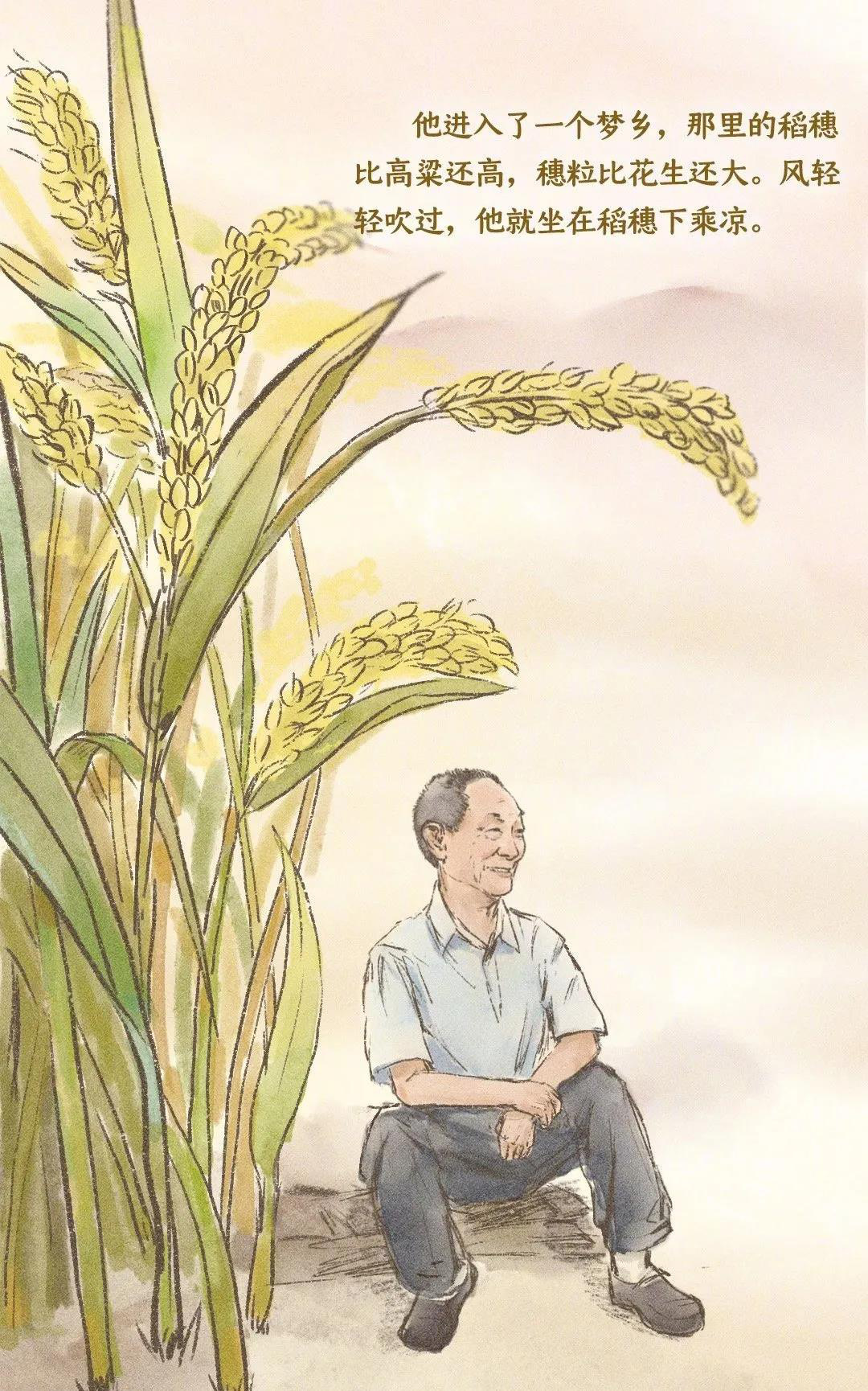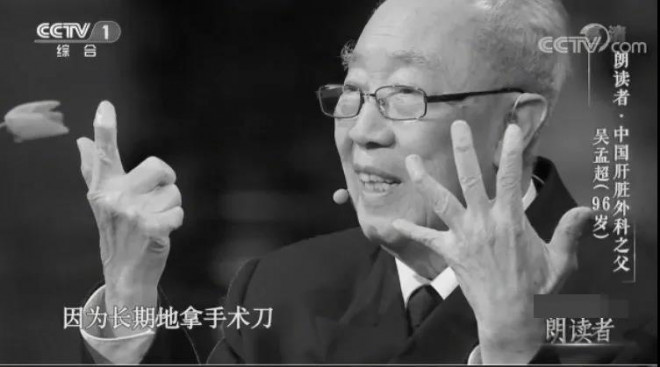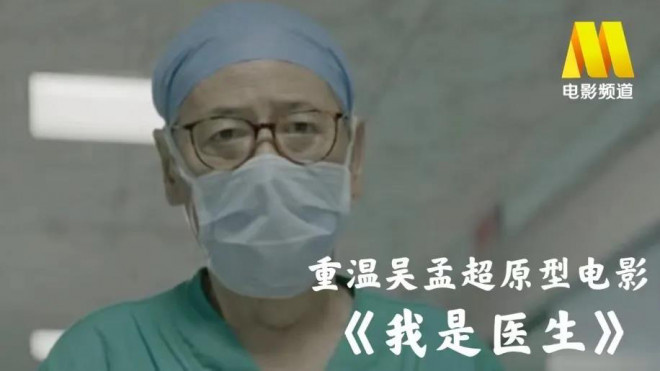
ji xianlin
Ji Xianlin, the word Xi Ji, and the word Qi Ling. Famous ancient philologist, historian, orientalist, thinker, translator, Buddhist and writer. He is proficient in 12 languages. He used to be a member of the Department of Philosophy and Social Sciences of China Academy of Sciences, Vice President Peking University, and Director of South Asia Institute of China Academy of Social Sciences. Born on August 6, 1911 in Kangzhuang Town, Linqing City, Shandong Province.
Professor Peking University, Chairman of the Board of Directors of China Cultural Academy, Academician of Chinese Academy of Sciences, China linguist, literary translator, Sanskrit and Pali expert and writer. There are many achievements in the study of Indian Chinese literature history.
Grandfather Ji Laotai, father Ji Silian, mother Zhao, farmer. Uncle Ji Sicheng. When I was young, I learned to read with Ma Jinggong.
At the age of 6, he went to Jinan and went to his uncle Ji Sicheng. Go to a private school to study. After 7 years old, I studied in Xinyu Primary School attached to Shandong First Normal School. At the age of 10, I began to learn English. At the age of 12, he was admitted to Zhengyi Middle School and transferred to the high school attached to Shandong University six months later. I began to learn German in high school and became interested in foreign literature. At the age of 18, he transferred to the provincial Jinan High School. The Chinese teacher is Dong Qiufang, who is also a translator. "The reason why I have been dancing and writing for 50 or 60 years, and I still can’t put down my pen until now, is all thanks to Teacher Dong, which I will never forget."
In 1930, he was admitted to the Department of Western Literature in Tsinghua University, majoring in German. He studied the comparison of eastern and western poems, English and Sanskrit under Wu Mi and Ye Gongchao, and took elective courses such as Professor Chen Yinque’s Buddhist scripture translation literature, Zhu Guangqian’s literary psychology, Yu Pingbo’s Tang and Song poems and Zhu Ziqing’s Tao Yuanming’s poems. Make friends with classmates Wu Zuxiang, Lin Geng and Li Changzhi, and they are called "Four Musketeers". Among the students is Hu Qiaomu. I like "pure poetry", such as Vereland and Malarme. Verhaeren, parallel prose of the Six Dynasties, works by Li Yishan and Jiang Baishi. He has translated the works of Dreiser and Turgenev. During my college years, I won a scholarship awarded by my hometown Qingping county government with excellent grades.
In September, 1935, according to the agreement on postgraduate exchange between Tsinghua University College of Literature and Germany, Tsinghua enrolled postgraduate students in Germany for three years. Ji Xianlin was admitted and went to Germany immediately. Traveling with Qiao Guanhua in Berlin and the United States. In October, I arrived in G? ttingen to meet Zhang Yong, Tian Dewang, etc. Entering the University of G? ttingen, "I dream that I am in G? ttingen, … I can read some books and some words that have been glorious in ancient times and this glory will never be extinguished." "I don’t know if I can catch this dream. "("Ten Years in Germany ")
In the spring of 1936, Ji Xianlin chose Sanskrit. He believes that "Indian culture has been greatly influenced by Indian culture, so I will thoroughly study the cultural relationship between China and China, and maybe I can find something". Therefore, "you can’t read Sanskrit." "The road I have to take all my life has finally been found. I have walked along this road for more than half a century until now, and I will go on." (Eleven Years in Germany) "Fate allowed me to strengthen my faith." Ji Xianlin majored in Indian studies and studied Sanskrit and Pali at the Sanskrit Institute of University of G? ttingen. English linguistics and Slavic linguistics are selected as subsidiary departments, and Yugoslav language is added. Ji Xianlin studied under Professor Waldschmitt, the host of the Sanskrit Lecture and a famous Sanskrit scholar, and became his only listener. There are more than 40 classes in a semester, and Ji Xianlin studies very hard. The Buddhist scripture "Great Events" has three thick volumes, which are written in mixed Sanskrit. He races against time and devotes himself to reading and writing. "Turn on the electric light to continue, and stay in poverty forever".
From December 1940 to February 1941, Ji Xianlin got four "excellent" in thesis defense and Indian studies, Slavic language and English exams, and obtained a doctorate. Because of the war, there was no way to return home, so I had to stay in Columbia. In October, I worked as a teacher in the Institute of Sinology at the University of G? ttingen, while continuing to study the mixed Sanskrit of Buddhism, and published many important papers in the Journal of the Academy of Sciences of G? ttingen. "This is the golden age of my academic life, and I haven’t seen it since." Postdoctoral years, it is the eve of the collapse of fascism, Germany is short of material, and Ji Xianlin, a foreigner, is inevitably struggling in the "hunger hell", suffering from the war disaster like the German people. As an overseas traveler, I have a deep affection for my hometown, especially feeling that "when there is poverty in the corner of the world, there is only endless lovesickness", and the thoughts of my motherland and my family are lingering day and night. "I look down at the gray sky, and in tears, I conjure up my mother’s face."
In 1941, he received a doctorate in philosophy from the University of G? ttingen. Later, he studied under linguist e. Sikh studies Tohoku.
In October, 1945, shortly after the end of World War II, he hurried to the road and returned to Switzerland, "just like a dream of spring, it flew over in ten years". After leaving G? ttingen for 35 years, in 1980, Ji Xianlin led a social science delegation from China to visit the city again, and then called on the 83-year-old Waldschmitten to meet each other like a dream. Later, he made a touching famous article "Return to Gottingen".
In May 1946, he arrived in Shanghai and went to Nanjing, where he met Li Changzhi again. After Li introduced him, he met the essayist Liang Shiqiu and the poet Cang Kejia. In Nanjing, he paid a visit to Chen Yinque, the mentor of Tsinghua’s period. Chen recommended him to teach in Peking University, and then he paid a visit to Fu Sinian, the acting principal of Peking University in Nanjing. Autumn, back to Peiping, called on Tang Yongtong, Dean of Peking University College of Literature.
From 1946 to 1983, he was hired by Peking University as a professor and head of the Department of Oriental Languages and Literature, and founded the Department in Peking University. Colleagues include Ma Jian, an Arabic linguist, and Jin Kemu, an Indian scientist. After liberation, he continued to be a professor and head of the Department of Oriental Studies at Peking University, engaged in department affairs, scientific research and translation. Anna seghers’s Collection of Short Stories (1955) has been published in German, and the Sanskrit literary works have been translated into Chinese, including Indian Galindo Sagondaro (script, 1956), Indian ancient fable story collection, Five Books (1959) and Indian Galindo’s You Li Po Shi (script, In February 1956, he was appointed as a member of the Department of Philosophy and Social Sciences of China Academy of Sciences. In 1954, 1959 and 1964, he was elected as the second, third and fourth members of Chinese People’s Political Consultative Conference. He visited India, Myanmar, East Germany, the former Soviet Union, Iraq, Egypt, Syria and other countries as the cultural emissary of China. During the Cultural Revolution, he was brutally persecuted by the Gang of Four and its Beijing minions. In 1978, he returned and continued to serve as the head of the Department of Oriental Languages in Peking University, and was appointed as the vice president of Peking University and the director of South Asian Institute in Peking University. Elected as a member of the Fifth Chinese People’s Political Consultative Conference. In 1983, he was elected as the Standing Committee of the Sixth National People’s Congress.
In 1956, he was a member of the Department of Philosophy and Social Sciences of China Academy of Sciences. He was once a member of the Academic Degrees Committee of the State Council and the head of the foreign language and literature review group, the president of the second Chinese Language Society, the president of the China Foreign Language Teaching Research Association, the honorary president of the Chinese National Ancient Characters Research Association, the representative and standing member of the 6th National People’s Congress, the member of the editorial board of Encyclopedia of China and the director of the editorial board of Language and Characters Volume. His academic achievements are most prominent in the study of Indo-European languages in the Middle Ages. His main works are: The Displacement of Finite Verbs in the Ode to the Great Event (in 1941, he systematically summarized the various morphological adjustments of verbs in mixed Sanskrit used in the Ode to the Great Event in Hinayana Buddhism), and The transformation of suffix -am to -o and -u in Middle Indian languages (in 1944, It has been found and proved that the conversion of the suffix -am to -o and -u is one of the characteristics of Kendra in the northwest Indian dialect in Middle Ages), Language Problems of Primitive Buddhism (1985) (the existence of Primitive Buddhist Scriptures, the language policy of Primitive Buddhism, the historical origin and characteristics of Buddhist mixed Sanskrit, etc.), and Tuhuoluo Texts of Prince Fuli’s Karma Sutra (various variants of Tuhuoluo Texts) As a literary translator, his translations mainly include: Shagongdaro (1956), Five-volume Book (1959), Youliposhi (1959) and Ramayana (7 volumes,1980 ~ 1984), anna seghers’s Short Stories, etc. As a writer, his works mainly include Tianzhu Heart Shadow (1980), Langrun Collection (1981), Ji Xianlin Prose Collection (1987) and Miscellaneous Memories of the Cowshed.
From 1978 to 1984, he served as the vice president of Peking University. His works have been compiled into Collected Works of Ji Xianlin, with a total of 24 volumes.
In 1988, he served as Chairman of the Board of Trustees of China Cultural College. He has visited Germany, Japan and Thailand as a scholar.
Mr. Ji has been teaching at Peking University for many years, and he has profound attainments in linguistics, culturology, history, Buddhism teaching, Indian studies and comparative literature. He has studied and translated Sanskrit works and many classics from Germany and Britain, and now he insists on reading and writing every day even in the ward.
Mr Ji Xianlin is admired not only for his knowledge, but also for his character. He said: Even in the most difficult times, he did not lose his conscience. His book is not only a portrayal of the old gentleman’s personal life, but also a reflection of the course of intellectuals in China in the past century. Ji Xianlin’s "Miscellaneous Notes on His Sick Bed" has been released recently. In the book, Mr. Ji Xianlin used insightful words to clarify for the first time what he thought of the three laurels "Master of Chinese Studies", "Academic Leader" and "National Treasure" that had been "added" to his head by the outside world in recent years. He said: "I was freed from the three laurels. The foam on my body was washed away, revealing my true face and everyone was happy. "
Since the late 1970s, he has held academic posts: Vice President of China Foreign Literature Society (1978), President of South Asia Society of China (1979), Honorary President of China Society of Ethnography (1980), President of China Foreign Language Teaching Research Association (1981), President of Chinese Language Society (1983), Vice President of Dunhuang Turpan Society of China (1983) and History of China. Vice President of China Higher Education Society (1984), Director of China Writers Society (1985), Honorary President of China Comparative Literature Society (1985), President of China Asian-African Society (1990), etc. In April 1998, Miscellaneous Memories of Cowshed was published (draft from March 1988 to April 1989, finalized in June 1992). The publishing industry believes that "this is a book written with tears and blood." This is the best gift left by a generation of masters to future generations. " Ji Xianlin’s academic research, in his own words, is: "Brahma, Buddhism and Tuhuoluowen are studied simultaneously, while China literature, comparative literature and literary theory are studied in Qi Fei.
He was one of the winners of "Touching China in 2006"
Ji Xianlin is a famous contemporary linguist. Prose writer An expert in the study of oriental culture. He is known as a "master in academic circles" because of his extensive knowledge of the past and the present.
Joined the Communist Party of China (CPC) in 1956.
In 1930, he was admitted to Tsinghua University Western Language Department.
After graduating in 1934, he taught at Shandong Provincial High School in Jinan.
In 1935, he was admitted to Tsinghua University as an exchange graduate student, went to Germany to study, and studied Sanskrit, Pali, Tuhuoluo and other ancient languages at the University of G? ttingen.
Received a doctorate in philosophy in 1941.
Returning to China in 1946, he served as Professor Peking University, Professor and Head of the Department of Oriental Languages and Literature.
The scope of Ji Xianlin’s academic research:
1。 Ancient Indian languages, especially Buddhist Sanskrit.
2。 tu huo luo wen
3。 Ancient Indian literature
4。 History of Indian Buddhism
5。 History of Buddhism in China
6。 History of Buddhism in Central Asia
7。 Tang Shi
8。 History of Sino-Indian Cultural Exchange
9。 History of cultural exchange between China and foreign countries
10。 Differences and commonalities between Chinese and western cultures
Eleven. Aesthetics and China’s Ancient Literary Theory
Twelve. German and western literature
Thirteen. Comparative literature and folk literature
14。 Prose and essay creation
This classification is only a general situation. Ji Xianlin’s academic achievements are summarized by Professor Zhang Guanglin and Mr. Ling Ke from the Department of Oriental Studies in Peking University. Ji Xianlin’s academic achievements generally include the following 10 aspects: (1) Research on the ancient Indian language-the change of finite verbs in the great event, the suffix -am, the transformation to -o and -u in the Middle Indian language, and the use of indefinite past tense as the standard for determining the age and source of Buddhist scriptures. (2) Study of Buddhist History-He is one of the few Buddhist teaching scholars at home and abroad who can really use the original Buddhist scriptures to study. He combines the study of the changing law of Indian medieval language with the study of Buddhist history to find out the generation, evolution and spread of major Buddhist classics, so as to determine the generation and spread of important Buddhist factions; (3) Research on Toxophone Language-The early representative work "Parallel Versions of Toxophone Scripts of Prince Fuli" created a successful method for the semantic research of Toxophone Language. Since 1948, it has been translating and interpreting the Toxophone script "Meeting with Maitreya" collected in Xinjiang Museum, and in 1980, it has also published the newly discovered Toxophone language A "Meeting with Maitreya" in Turpan, Xinjiang in the 1970s. (4) Research on the history of cultural exchange between China and China-Issues on the time and place of’s paper and papermaking methods being imported into India, Preliminary Study on the issue of Indian silk being imported into India, etc.As well as the argument that some components of The Journey to the West originated from India, it shows that Chinese and Indian cultures "learn from each other, have their own innovations, interact with each other and penetrate each other"; (5) Research on the history of cultural exchanges between China and foreign countries-Edited Notes on the Western Regions of the Tang Dynasty and Modern Translation of the Western Regions of the Tang Dynasty in the 1980s, and wrote a Preface to the Notes of 100,000 words, which is an important achievement in the research of the history of the western regions in China for decades. The Sugar History completed in 1996 shows ancient China, India, Persia, Arabia, Egypt, Southeast Asia, and Europe and Europe. (6) Translation and introduction of Indian literary works and Indian literary studies-Ramayana is one of the two ancient epics, with more than 20,000 poems and more than 90,000 lines translated into Chinese. After 10 years of unremitting efforts, Ji Xianlin finally finished the translation, which is an unprecedented event in the history of translation in China; (7) Comparative Literature Research-In the early 1980s, he first advocated the restoration of comparative literature research and called for the establishment of the China School of Comparative Literature, which made great contributions to the revival of comparative literature in China; (8) The study of oriental culture began in the late 1980s, and it strongly advocated the study of oriental culture, and edited the large-scale cultural series "Integration of Oriental Culture", with more than 50O species and more than 8OO volumes, which is expected to be completed in 15 years; (9) Preserving and rescuing the ancient books and records of the motherland-in the 1990s, serving as the chief editor of two giant series, namely, "Sikuquanshu preserved catalogue series" and "handed down books"; (10) Prose creation-since I wrote prose at the age of 17, I have been writing for decades.There are more than 800,000 words. When celebrating Ji Xianlin’s 88th birthday, Zhong Jingwen said, "The highest realm of literature is simplicity, and Mr. Ji’s works have reached this realm. He is simple because he is sincere. " "I love my husband’s good writing, as an old saying goes."
Since the late 1980s, Ji Xianlin has put forward many personal opinions and judgments on important issues such as culture, China culture, East-West cultural system, East-West cultural exchange, and human culture in the 21st century, which has aroused widespread concern at home and abroad.
Note: Ji Xianlin: Winner of Lifetime Achievement Award in Translation Culture.
Introduction to awards
"Lifelong Achievement Award for Translation Culture" was established by the decision of the fifth executive meeting of the fifth session of translators association of china in 2006. This is the first award issued by translators association of china. This honorary award is not a permanent award. It is awarded to a living, influential and respected translator who has made outstanding achievements in translation and cultural communication. On September 26th, 2006, at the age of 95, Mr. Ji Xianlin became the first winner of the Lifetime Achievement Award of Translation Culture.
Ji Xianlin, born in August 1911, was born in Qingping County (now Linqing City). Famous linguist, translator, educator and social activist. In 1930, he joined the Department of Western Literature in Tsinghua University, majoring in English literature and studying German and French literature. At the same time, he took courses in the translation of Buddhist scriptures by Mr. Chen Yinque and the literary psychology of Mr. Zhu Guangqian, and devoted himself to the translation of foreign literary works and prose creation after school. In 1935, he was admitted to Tsinghua University as an exchange graduate student with Germany, and then he went to the University of G? ttingen in Germany to study Indian studies. In 1941, he received a doctorate in philosophy. He returned to China in 1946 and served as Professor Peking University, Head of the Department and Vice President of Peking University.
After the founding of the People’s Republic of China, Ji Xianlin was elected to the first Beijing Municipal People’s Congress, the second, third, fourth and fifth Chinese People’s Political Consultative Conference Committee members, and was elected to the Sixth National People’s Congress in 1983. Since the same year, he has served as the Standing Committee of the Sixth National People’s Congress and enjoyed a high social reputation. He has also served as a member of China Character Reform Committee, member of the State Council Academic Degrees Committee and head of foreign language and literature review group, president of Chinese Language Society, president of China Foreign Language Teaching Research Association, member of Department of Philosophy and Social Sciences of China Academy of Sciences, executive director of China Historical Society, director of Chinese Writers Association, vice president and honorary director of translators association of china, vice president of China Foreign Literature Society, president of South Asia Society of China, and president of Dunhuang Turpan Society of China. Honorary President of China National Ancient Characters Research Association, Honorary President of China Comparative Literature Society, Member of the Editorial Board of Encyclopedia of China, President of China Oriental Culture Research Association, Consultant of international confucian association, President of Asia-Africa Society, Honorary President of Macau Cultural Research Association, etc. He is one of the founders of translators association of china, and was elected honorary president of China Translation Association in November 2004 at the Fifth National Council Meeting of China Translation Association.
For decades, Ji Xianlin has worked hard in the research and translation of English, German, Sanskrit and other literary works, with nearly four million words published. His main works include Essays on the History of Sino-Indian Cultural Relations, A Brief History of India, A Preliminary Study of Ramayana, Essays on Ancient Indian Languages, Buddhism and Sino-Indian Cultural Exchanges, A Concise History of Oriental Literature, History of Sugar, Translation and Interpretation of Tuhuoluowen (Meeting with Maitreya) and so on. Main translations: On Indian by Marx, Collection of anna seghers’s Short Stories, etc. Translated from Sanskrit, there are the famous ancient Indian epic Ramayana (seven volumes), the famous Indian dramas Shagongdaro and Youliposhi, and the ancient Indian folk story collection Five Books, etc. Translated from English, such as "Tagore in the Family" by Matriere devi. In addition, Ji Xianlin has edited books such as Sikuquanshu Catalogue Series, Handed down Books, Integration of Chinese Culture, Integration of Oriental Culture, etc.
The main awards won are:
In 1986, the collection of essays on ancient Indian languages won the first scientific research achievement award in Peking University.
In 1987, the collection of essays "Language Problems of Primitive Buddhism" won the honorary award of outstanding achievements in philosophy and social sciences and policy research in Beijing.
In 1989, state language commission awarded the honorary certificate of "thirty years of language and writing work".
In 1990, the collection of essays on the history of Sino-Indian cultural relations won the "Honorary Award for Works" in the first national comparative literature book awards.
In 1992, the editor-in-chief of "Notes on the Records of the Western Regions of Datang" won the first national ancient books sorting book award.
In 1992, Sanskrit University in varanasi awarded the highest honor award "Certificate of Commendation".
In 1997, The History of Oriental Linguistics, the editor-in-chief, won the third National Book Award.
In 1997, The History of Indian Ancient Literature won the second prize of the national teaching achievement, and in 1999, it won the second prize of the excellent achievement prize of the National Social Science Foundation project.
In 1998, Tehran University awarded an honorary doctorate.
In 1999, The Collected Works of Ji Xianlin (24 volumes) won the 4th National Book Award.
In 2000, the monograph "The Track of Cultural Exchange-The History of Chinese Sugar" won the Yangtze River Reading Award "Expert Works Award".
In 2000, he obtained a gold certificate of doctoral degree from the University of G? ttingen, Germany.
On September 26th, 2006, Ji Xianlin was awarded the "Lifetime Achievement Award of Translation Culture" at the International Translation Day and Senior Translator Commendation Conference of China Translation Association. Mr. Ji Xianlin’s character was admired, not only because of his knowledge, but also because of his character. He said: Even in the most difficult times, he did not lose his conscience. His book is not only a portrayal of the old gentleman’s personal life, but also a reflection of the course of intellectuals in China in the past century. Ji Xianlin’s "Miscellaneous Notes on His Sick Bed" has been released recently. In the book, Mr. Ji Xianlin used insightful words to clarify for the first time what he thought of the three laurels "Master of Chinese Studies", "Academic Leader" and "National Treasure" that had been "added" to his head by the outside world in recent years. He said: "I was freed from the three laurels. The foam on my body was washed away, revealing my true face and everyone was happy. "
This newspaper specially extracts several paragraphs from Ji Lao’s words to see how the 97-year-old man treats the brilliant aura that covers his head-
■ The word "Master of Chinese Studies"
"Look around, my friend China is better than his own, and there are many people. Under such circumstances, I have monopolized the title of’ Master of Chinese Studies’, and I am not old! "
Now, in some more formal documents, there is also a brilliant aura of "master of Chinese studies" above my head. This is not out of thin air, which has a historical origin.
About ten or twenty years ago, China’s reform and opening up achieved great results and its economy developed rapidly. Cultural construction has also become active accordingly. Once, a meeting was held in the Peking University lecture hall, which has not been rebuilt, to talk about Chinese studies to the students. At that time, there were five professors sitting on the rostrum, and everyone gave a talk. I was ranked first, and now I have forgotten what I said. A senior reporter, an alumnus of Peking University, wrote a long article in the newspaper "The upsurge of Chinese studies quietly rises in Yanyuan". Since then, four of the professors, including me, have been called "masters of Chinese studies". All three of them have a much stronger foundation in Chinese studies than I do. I don’t know what they think of this laurel. I was crowned this laurel myself, but I got goose bumps all over.
Speaking of the basics of Chinese studies, I have been studying classics, ancient prose and poetry since primary school. I have dabbled in some important classic works. But I have never worked hard on any classic or writer, because I never wanted to be a sinologist. Later, he devoted himself to other academics and was immersed in them. Besides being able to recite hundreds of poems and dozens of ancient prose; Apart from being able to talk about some issues related to Chinese studies, such as the unity of man and nature, at the largest macro level, my knowledge of Chinese studies has not increased. Looking around, there are many friends who learn the basics of China better than themselves. Under such circumstances, I actually monopolize the title of "Master of Chinese Studies", so I’m not ashamed of my old age (to borrow the words of Peking Opera actresses)! I am not even a "master of Chinese studies", let alone a "master"!
To this end, I am here to tell the world: please take the crown of "master of Chinese studies" from my head.
■ Two words "academic masters"
"Such a person, gusher all over the world is also. However, now it happened that I was "beaten" into a master. Where do I start with this master? "
This should be divided into two levels: one is education and the other is humanities and social sciences.
First of all, we must figure out what "master" means. Thai, Taishan also; Fighter, Beidou also. Both are considered supreme things.
Just talk about education. I have been a teacher all my life, climbing grids. Teaching abroad for 10 years and at home for 57 years. People often say: "No credit, but also hard work." Especially in the past few decades, the general purpose of exercising every day and doing new things is to make you restless and nervous all the time. Under such circumstances, I have been working as an administrator, so it’s hard to make any achievements! Where do I start as a "master"?
It is not true that I have made great achievements in the research of humanities and social sciences. It is not true to say that I have no grades at all. Such people, talkative people are all over the world. However, now it happened that I was "beaten" into a master. Where do I start as a master?
To this end, I am here to tell the world: please take the crown of "academic (technical) master" from my head.
■ Three words "national treasure"
"Is it because China has only one Ji Xianlin, so he becomes a" treasure "? However, China’s Zhao Yiqian, Sun San and Li Si, and so on, all have only one. Can China have 1.3 billion’ national treasures’? "
In China, when it comes to "national treasure", people will immediately think of the cuddly giant panda that everyone loves. The number of this kind of animal is very small, and it is only found in China. It is called a "national treasure" and it is well deserved. However, about 80 or 90 years ago, at a meeting, a leader in Beijing suddenly called me a "national treasure", and I was extremely amazed. Today, wherever I go, the voice of "national treasure" is resounding. I’m really puzzled. Of course, the crown of "national treasure" is not monopolized by me alone. Several other famous painters and calligraphers also have this title.
I want to explore the origin of the name. Is it because there is only one Ji Xianlin in China that he becomes a "treasure"? However, China’s Zhao Yiqian, Sun San Li Si and so on, all have only one. Can China have 1.3 billion "national treasures"?
This kind of thing, wishful thinking is useless and completely unnecessary. I came to a screeching halt.
To this end, I am here to tell the world: please take the crown of "national treasure" from my head.
I won three laurels and gave me a freedom. The foam on my body was washed away, revealing my true colors, and everyone was happy.
Related links:
